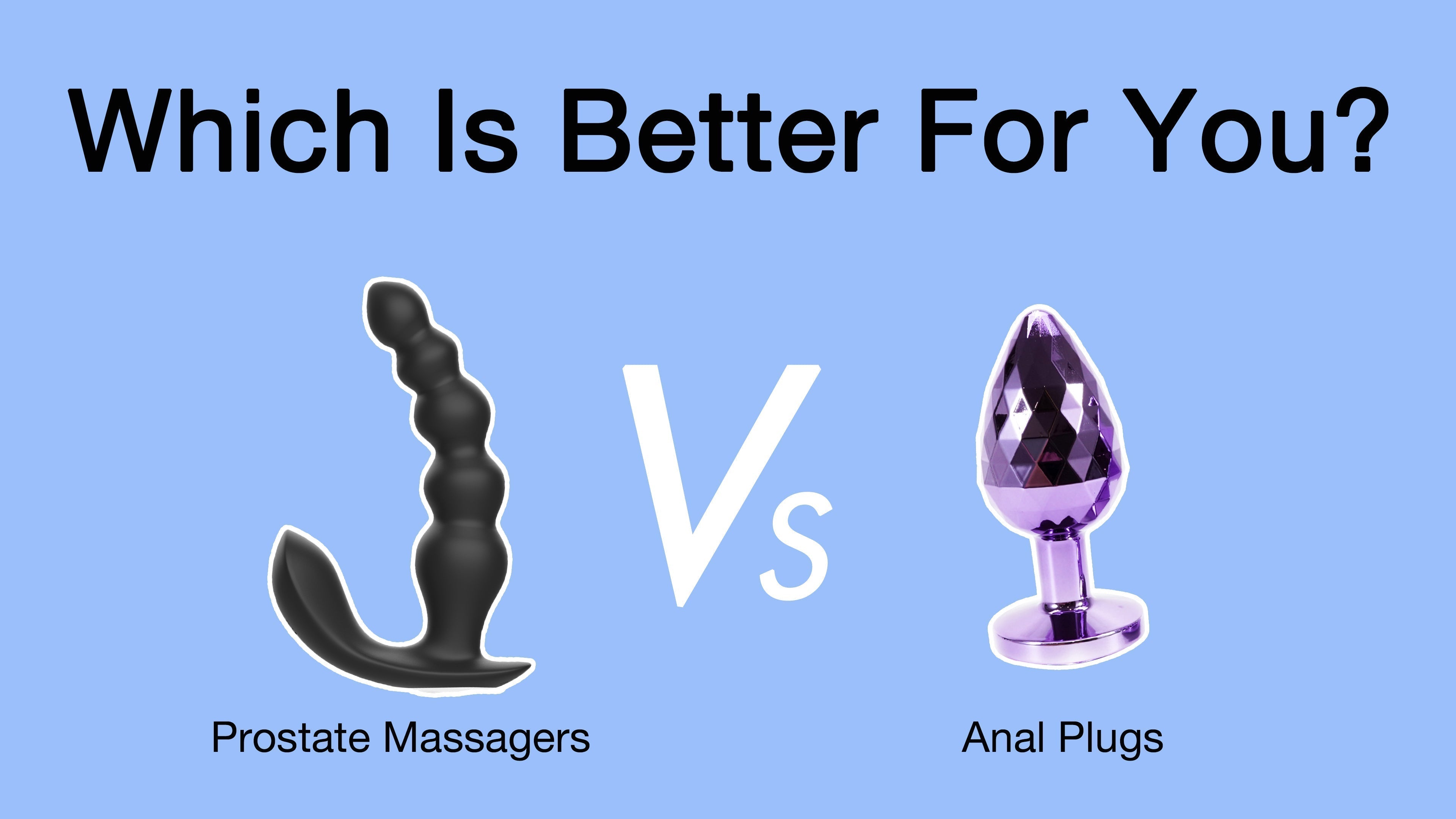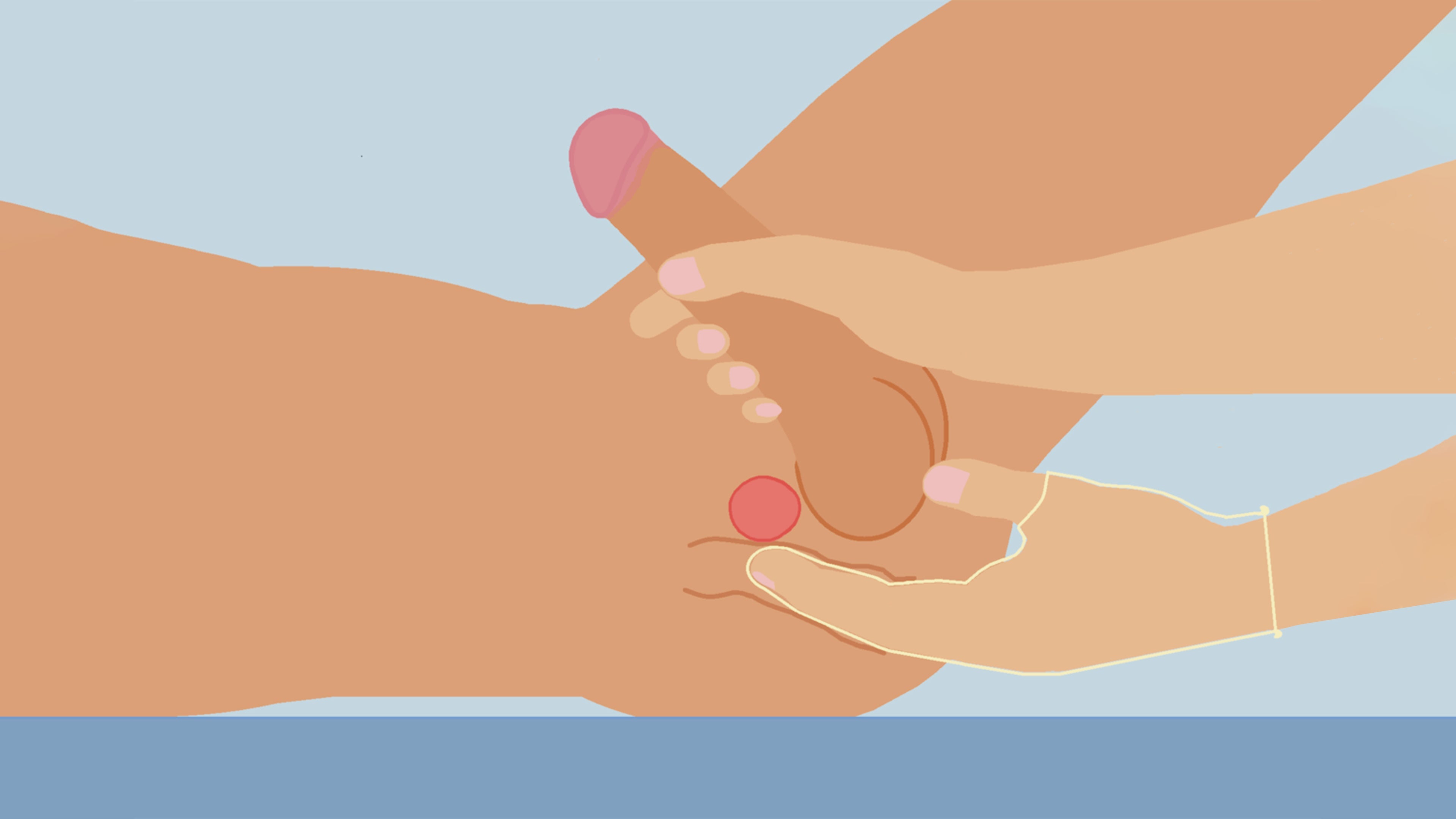Sometimes your body does not feel the same as before. You may feel less during sex or when touching yourself. This can feel confusing or frustrating. But don’t worry. Many women go through this. It can happen for different reasons. And most of the time, it is possible to feel better again.
What Kind of Sensitivity Is Normal
There is no one answer. Doctors do not have a set number or rule for “normal” sexual feeling. Every woman is different. You may have had more sensitivity in the past. That can be your personal normal.
For example:
- You may have felt more during sex before giving birth
- You may have enjoyed more touch before menopause
- You may have been more sensitive before certain medications
Your “normal” is what you remember feeling most often in your past. If something feels different now, you are the best person to notice that.

What Might Affect Sensitivity
Your body is always changing. Some changes are small, others feel big. Below are some common reasons your sexual feeling may seem weaker.
Hormone Changes
- Lower estrogen can make tissues dry or thin. This happens during menopause, after ovary surgery, or with some treatments.
- Low hormones may reduce blood flow and skin feeling.
Stress and Tension
- High stress can affect your hormone levels.
- Many women hold stress in the pelvic area. This tight feeling can block blood flow and lower sensation.
Pelvic Floor Issues
- If your pelvic muscles are always tight, nerves and blood vessels may not work well.
- If your muscles are too weak, your body may feel less during touch or sex.
Age
- Some women feel less in their 30s, 40s, or 50s than in their 20s.
- This can be natural and part of growing older.
Trauma or Past Experiences
- After a bad or scary experience, the body can respond by “shutting down” during touch.
- Some women who had childhood shame, strict rules, or sexual trauma may notice lower sensitivity as adults.
Medication
Some pills for depression, blood pressure, or pain may affect sensation.

How to Improve Your Low Sensitivity
Even small steps can help your body feel more again. You can try the following:
- See a doctor. A gynecologist can check your hormone levels and vaginal health. If needed, they may give you a cream to help with dryness or thin skin.
- Try pelvic floor therapy. A therapist can help you relax or strengthen your pelvic muscles. Better muscle control can increase blood flow and bring back more feeling.
- Reduce stress. High stress can lower sensitivity. Try calming activities like deep breathing, stretching, or slow walks in nature.
- Use dilators. These are smooth tools that help stretch or wake up tight muscles. They can also help your body feel more if the area feels weak or numb.
- Explore other parts of your body. Touch areas you usually ignore, like your anal, lower back, inner arms, or hips. Many women find new pleasure zones they never noticed before.
- Let go of pressure. Your body may not feel like it used to—and that’s okay. Focus on what feels nice now, even if it is softer, slower, or different.

Can a Sex Toy Help Improve Your Low Sensitivity?
Yes. A sex toy can be helpful for many women who feel less sensitive than before. Some toys increase blood flow. Some give new kinds of touch. Both can help your body respond more. But the way you use a toy also matters. Below are some tips and toy types that may help:
- Try different patterns. Don’t always use the same setting. One strong vibration used too often may stop feeling exciting. Try slower speeds. Try pulsing or wave settings. Your body may like softer patterns more than you think.
- Start with external toys. The clitoris has the most nerve endings. If you feel less during penetration, focus outside first. Use a clitoral suction vibrator or clit vibrator. These are good for gentle, direct touch.
- Don’t rush. Set the mood before touching yourself. A warm bath, soft music, or quiet time helps your body open up. Low sensitivity often needs more time—not more force.
- Use gentle toys made for beginners. If you feel numb or tight, look for smaller, softer toys. A soft silicone dildo, flexible egg vibrator, or low-power massager can work well. These help you warm up slowly.
- Try pleasure mapping. Spend time touching many areas. Not just genitals. Use your toy on your thighs, chest, belly, or lower back. Find out what your body likes now, not what it used to like.
- Use toys that move, not just vibrate. Some women respond better to tapping, pulsing, or air wave motion. Try toys with “air pulse,”“wave motion,” or “stroking” features if vibration doesn’t do much for you.
- Use lube every time. Dry skin can block sensation. A good water-based lube helps your toy feel smoother and warmer. It also protects sensitive tissue from rubbing too hard.
If you're not sure where to start, here are some sex toy types often recommended for low sensitivity:
- Bullet vibrators – Small, simple, easy to place directly on the clitoris.
- Air pulse toys – These do not vibrate. They use air waves to tap lightly on the clitoris. Great for gentle but deep feeling.
- Wand massagers – Larger and stronger. Best if you like full-body stimulation or need more pressure.
- Finger vibrators – Fit around or on the finger. Good for slow, controlled movements.
- G-spot massagers – Some women with low outside feeling enjoy deeper touch. Try a curved, soft, low-speed toy to explore.
Sex toys will not “damage” your nerves or cause long-term numbness. But you may need to adjust how to use vibrators. Listen to your body, go slow, and explore with care.

Summary To Restore Sensitivity
Feeling less during sex or self-touch can feel upsetting, but it’s often a natural response to body or life changes. Sensitivity shifts with hormones, age, stress, pelvic tension, medication, or past experiences. There’s no single “normal,” only what feels usual for you. The good news? You can often reconnect with your body through slow, gentle exploration—on your own or with help. Tools like sex toys, lube, pelvic therapy, and stress relief can all support this process. The key is curiosity, not pressure. Your body may not feel exactly like it used to—but it can still feel good, just in a new way.

FAQs about Sexual Sensitivity
Q: Is there a medical test to check sexual sensitivity?
A: No. There is no standard test for sexual sensitivity. The best way to notice changes is to pay attention to how your body feels during touch or sex over time.
Q: Is it normal to stop orgasming from penetration?
A: Yes. Most women do not orgasm from penetration alone. The clitoris has far more nerve endings than the vaginal canal and is usually the main source of pleasure.
Q: Can overstimulation reduce my sexual feeling?
A: Yes. Especially overstimulation due to sexual trauma, can affect how your brain and body respond to touch. Some people feel numb or disconnected, even if they want to enjoy sex.
Q: Can shame from the past affect how I feel now?
A: Yes. Growing up with shame around sex—like in strict or negative environments—can make it harder to enjoy touch. This is common and can improve with the right support.
Q: Do sex toys reduce sensitivity over time?
A: No. Sex toys do not harm nerves. But if you use the same strong pattern every time, your body may get used to it. Try different speeds or softer styles to stay responsive.




Leave a comment
This site is protected by hCaptcha and the hCaptcha Privacy Policy and Terms of Service apply.